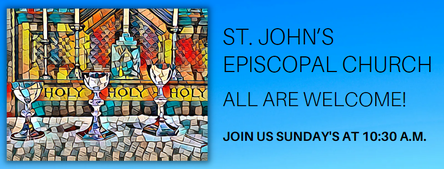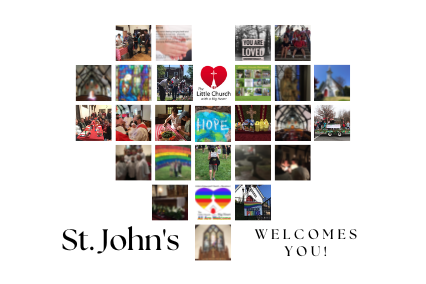
Worship
The term, from the Anglo Saxon, means to pay someone what is their due. It was used in the sixteenth century relative to God and human beings. In the Sarum and English Prayer Book marriage rites, the groom said to the bride, ” . . . with my body I thee worship.” Certain British magistrates are still addressed as “Your Worship.” Today, it refers to the paying of divine honor to God. It is both a verb and a noun, used to translate the Latin verb adorare and the noun cultus and their equivalents in other languages. It was defined by Evelyn Underhill as “the response of the creature to the Eternal.” It is a very broad term concerning acts of adoration, which may be as diverse as private prayer and meditation, public corporate liturgies, prayer services, or cultic sacrifices. Christian worship, both individual and corporate, is offered through and in the name of Jesus Christ. Glossary of Terms – The Episcopal Church
The term, from the Anglo Saxon, means to pay someone what is their due. It was used in the sixteenth century relative to God and human beings. In the Sarum and English Prayer Book marriage rites, the groom said to the bride, ” . . . with my body I thee worship.” Certain British magistrates are still addressed as “Your Worship.” Today, it refers to the paying of divine honor to God. It is both a verb and a noun, used to translate the Latin verb adorare and the noun cultus and their equivalents in other languages. It was defined by Evelyn Underhill as “the response of the creature to the Eternal.” It is a very broad term concerning acts of adoration, which may be as diverse as private prayer and meditation, public corporate liturgies, prayer services, or cultic sacrifices. Christian worship, both individual and corporate, is offered through and in the name of Jesus Christ. Glossary of Terms – The Episcopal Church



